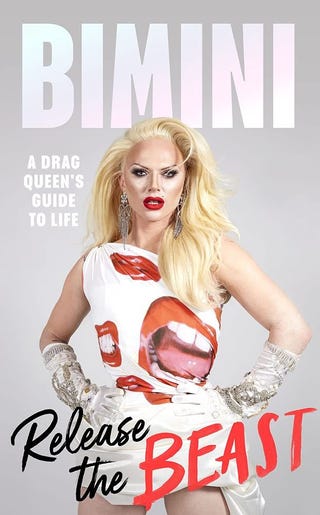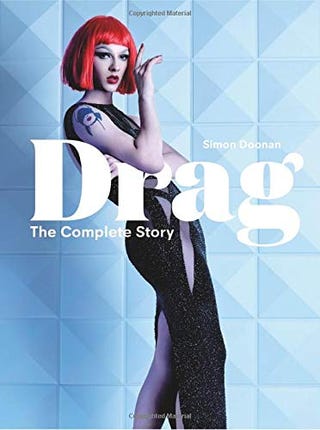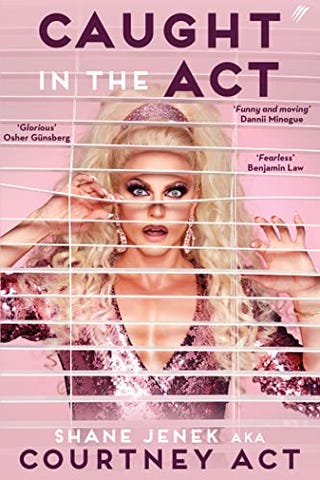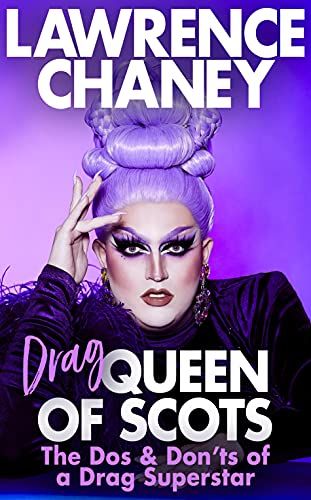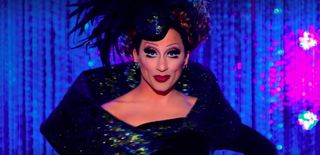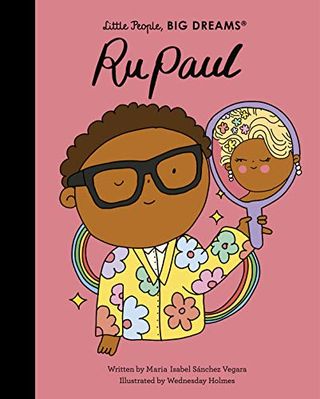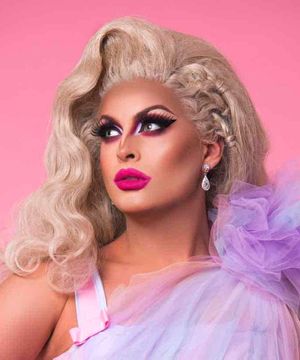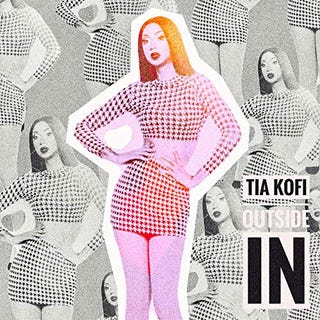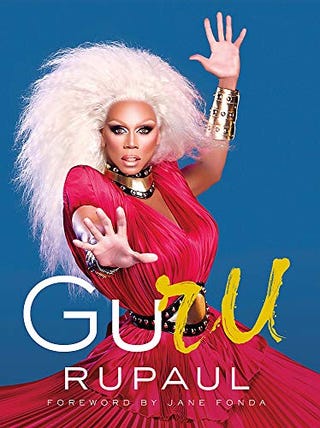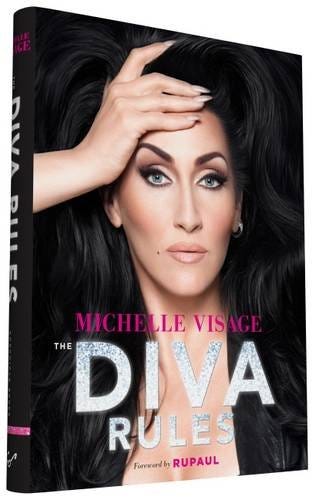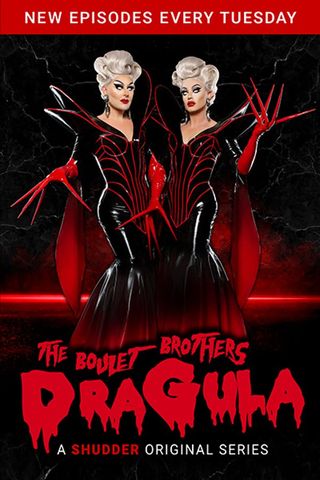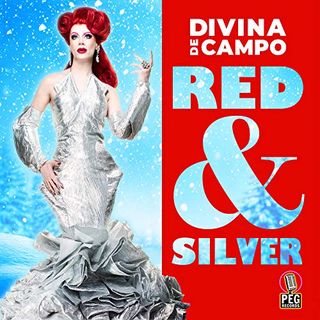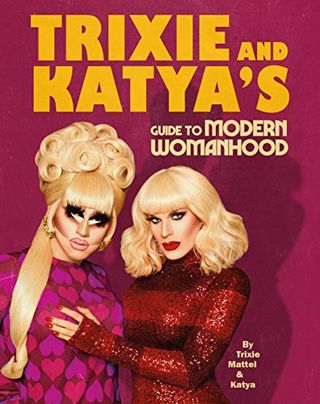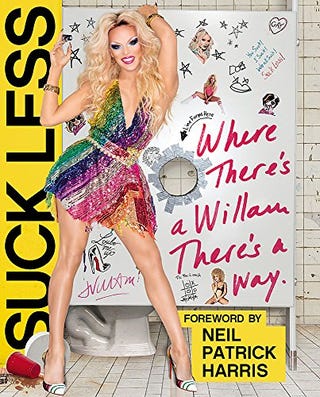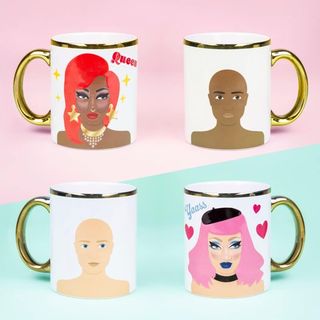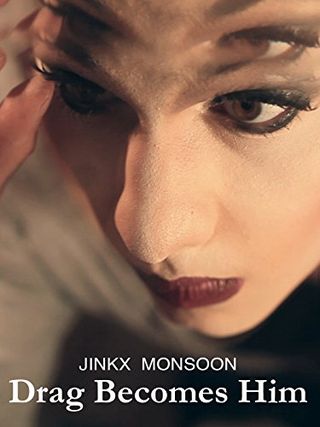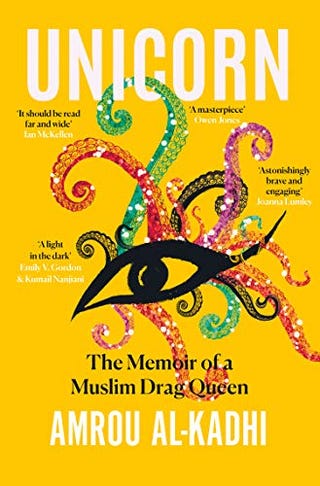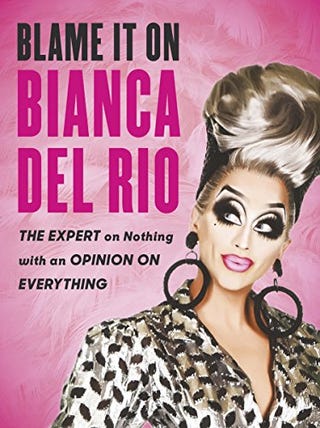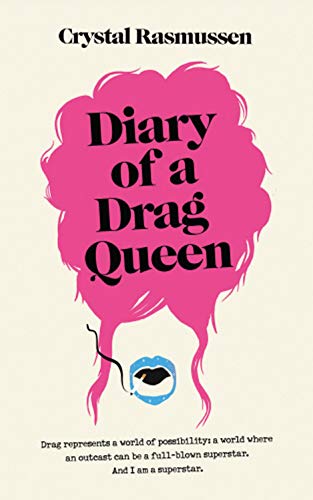Canada’s Drag Race: Canada Vs The World episode 2 spoilers follow.
Drag Race UK alum Victoria Scone previously made herstory when she became the first ever cisgender female contestant to compete on the show. This was a long-overdue and much-anticipated casting decision, although, Victoria was sadly forced to withdraw due to injury after only two episodes on season three.
Rather than return for Drag Race UK season 4, Scone decided to venture across the pond and up north, to battle against a collection of international queens in the franchise's latest season: Canada’s Drag Race: Canada Vs The World.
At the beginning of the second episode, after Kendall's elimination, the queens returned to the workroom to discuss the top two queens' lipstick choices. This led to a conversation between Vanity and Stephanie Prince, in which Vanity explained the importance of representation when outlining her reasoning for saving Stephanie.
Prompted by the subject of representation and diversity, Victoria then asked Stephanie about her use of the word "fishy" in the lyrics for her verse, and if she understood why its inclusion could be offensive.
Fans of Drag Race will be no strangers to this word as it has been widely used in the show for many years now. The phrase "serving fish" has also been common among contestants and judges alike. Runways have been themed around this phrase and RuPaul has even used "fishy" in the lyrics for some of her songs. This frequent usage has led to it becoming a staple part of Drag Race vocabulary for some contestants and fans.
In practice, it's a word mainly used to describe a drag queen who looks especially like a cis woman. However, as Victoria rightly explained, the word can equate looking like a cis woman with genitalia smelling like fish. It's fairly obvious to see why this could be considered offensive and extremely misogynistic, even if this isn't the intention of the person using it.
Without hesitation, Stephanie admitted that she didn't know why using this word could be considered offensive, explaining that, in the Philippines, it's used in similar fashion to the reclaimed term "ladyboy".
Victoria replied with her explanation, but also acknowledged that on an international stage like Canada Vs The World there would be potential for cultural differences regarding the meaning of words. Nonetheless, after listening to this explanation Stephanie thanked Victoria for educating her, and the queens agreed not to use the word moving forward.
Without having a cis woman like Victoria in the competition, this maturely-executed, progressive conversation – as well as its resolution – may have never occurred. Amongst the remaining cis male cast, Victoria is the only queen who could have personally experienced misogyny. And whilst it shouldn't necessarily be Victoria's responsibility to bring up the misogyny that can be associated with the use of this word, admirably here, she did.
It's important that those who are directly affected by any kind of discrimination, in this case misogyny, be the ones to lead the conversations challenging it. However, it's still everyone's responsibility to engage with these conversations as well, making sure victims' voices are heard and the issues raised are appropriately tackled. And when the topic is misogyny – especially within drag culture – cis gay men have a particular responsibility to be active in combating it.
In her confessional, Victoria said: "I can't hear misogyny in drag culture any more". As an underrepresented group within the queer community and specifically within drag, it's vital that her voice is valued and listened to as she shares her own lived experience.
Later in the episode on the main stage, guest judge and past Canada's Drag Race winner Priyanka reassured Victoria that she does have a space in the competition and that she's welcome. This came after she revealed to host Brooke Lynn Hytes that as a cis woman in the world of drag, she feels that she has "a lot to prove all the time".
Victoria's sentiment here echoed her feelings towards the earlier conversation, as she admitted that as the only cis woman in the cast, it took "some courage" to bring up the use of the aforementioned word, because she knew that not everyone would agree with her.
Since the episode has aired, a misogynistic backlash on Twitter by some cis gay men has sadly proven her fears correct. However, this disappointing response only further shows the need for conversations like this, as it highlights the very real misogyny that exists in drag culture, especially within some of its so-called fans.
The fact that the use of one word – that has been proven can be offensive to women, cis and trans – is more important to some cis gay men than respecting female drag performers, makes the problem abundantly clear. It's an unmistakable example of the misogyny Victoria is talking about, and implicates those responsible for causing it.
Although more positively amongst the Twitter backlash – and alongside many more progressive Drag Race fans – some of Victoria's fellow queens including: Kendall Gender, Divina de Campo, Choriza May and Pixie Polite all directly voiced their support and admiration for her.
It's people like this who understand that terminology is so important in the queer community. The meaning of words can often change over time. Certain words and phrases that were previously used as homophobic slurs have since been reclaimed, whilst others terms have become outdated. Evolution within language is normal and important.
What's crucial is that we listen to those who are affected by these words and change the usage of them accordingly.
Thanks to queens like Victoria, the queer community and its allies have positive examples to learn from when approaching these conversations – conversations that everyone should be engaged with.
This enlightening moment is additional evidence of why diverse casts matter so much, why Drag Race and other shows like it need to continually strive for greater inclusivity and ultimately, why Canada Vs The World is so lucky to have Victoria Scone.
Canada’s Drag Race: Canada Vs The World airs on BBC Three in the UK and streams on WOW Presents Plus in the US.
Interested in talking about all things Drag Race? Visit our dedicated sub-forum










